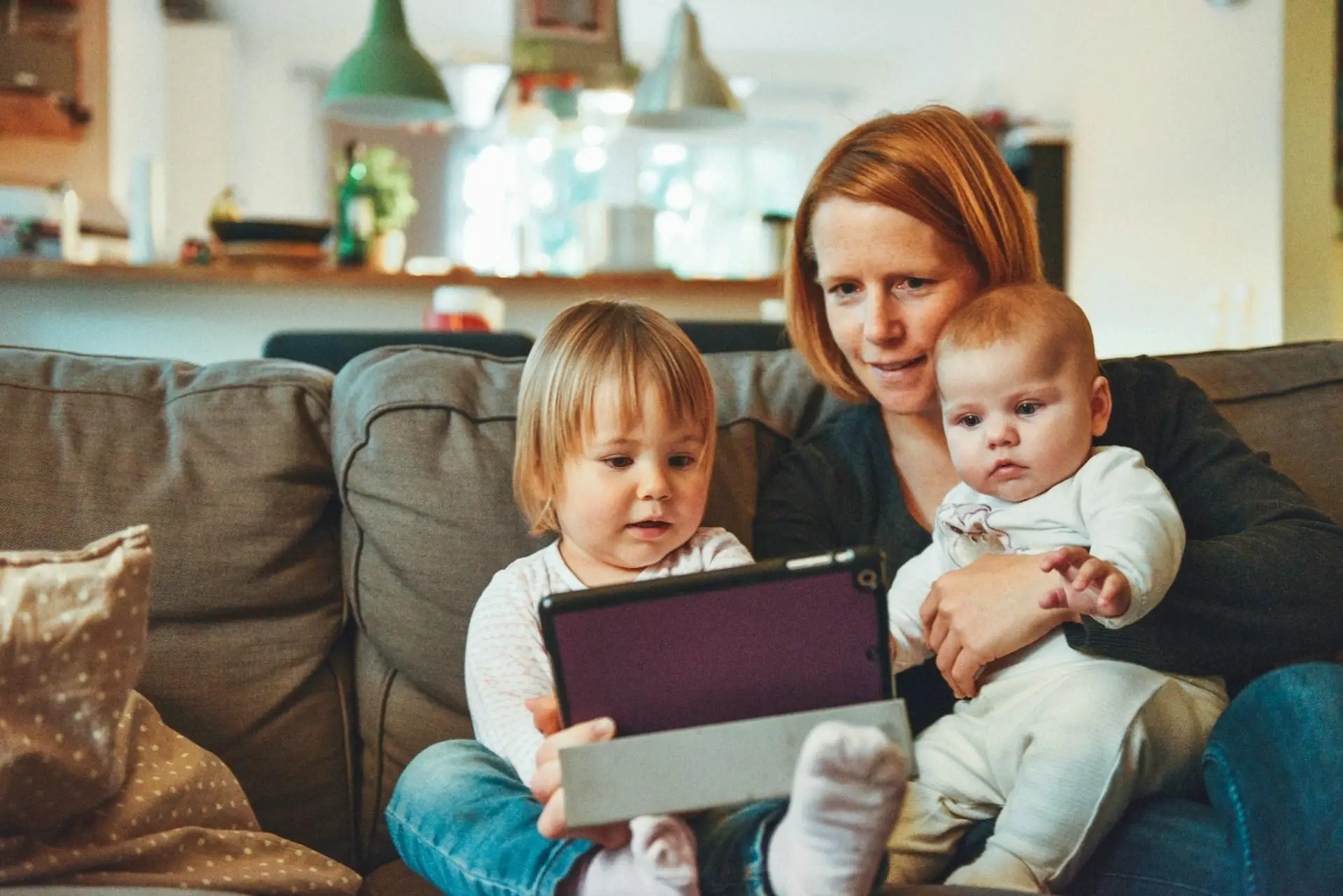The Surprising Benefits of Boredom for Children
In today’s fast-paced, technology-driven world, boredom is often seen as something to be avoided at all costs. Many parents feel the need to constantly entertain their children or fill their schedules with structured activities to prevent even a moment of downtime. However, boredom can actually play a crucial role in a child’s development, offering surprising benefits that help them grow emotionally, creatively, and intellectually.
Rather than being a problem to solve, boredom is an opportunity for children to explore their inner worlds, develop resilience, and cultivate important life skills. This article delves into the surprising benefits of boredom for children, highlighting why parents should embrace it as a valuable part of childhood.
Boredom Fuels Creativity and Imagination
One of the most significant benefits of boredom is its ability to spark creativity. When children are left without external stimulation, they are forced to rely on their imagination to entertain themselves. This can lead to inventive play, problem-solving, and creative thinking—skills that are essential for success in both childhood and adulthood.
For example:
- A bored child might turn a cardboard box into a spaceship or a castle, engaging in imaginative play that enhances their cognitive and social development.
- They may invent their own games, complete with rules and objectives, which fosters critical thinking and decision-making skills.
By allowing children to experience boredom, parents give them the space to explore their creativity and develop a sense of independence.
Encouraging Self-Motivation and Initiative
In a world where children often rely on adults or devices for entertainment, boredom provides an opportunity for them to take initiative. When children are bored, they learn how to entertain themselves, which fosters self-motivation and resourcefulness.
This ability to self-direct their activities is an important life skill that helps children:
- Build confidence in their ability to solve problems independently.
- Develop a sense of autonomy and responsibility.
- Learn to manage their time effectively.
Boredom teaches children that they don’t always need external input to feel fulfilled, encouraging them to take charge of their own happiness and productivity.
Building Emotional Resilience Through Discomfort
Boredom can be uncomfortable, but this discomfort is an essential part of developing emotional resilience. When children experience boredom, they learn how to tolerate and manage feelings of restlessness or dissatisfaction. This helps them build the emotional strength needed to navigate life’s challenges.
Key benefits of this process include:
- Improved coping skills: Learning to sit with boredom prepares children to handle other uncomfortable emotions, such as frustration or disappointment.
- Increased patience: Boredom teaches children the value of waiting and delayed gratification, which are important for long-term success.
- Greater adaptability: By finding ways to overcome boredom, children develop the flexibility to adapt to new or unexpected situations.
Experiencing and overcoming boredom helps children build the emotional resilience they need to thrive in an unpredictable world.
Strengthening Problem-Solving Skills
When children are bored, they often seek out ways to engage their minds and bodies. This process of finding solutions to their boredom strengthens their problem-solving skills and encourages innovative thinking.
For instance:
- A bored child might experiment with building structures out of household items, learning about balance and engineering in the process.
- They might explore nature, discovering patterns, textures, and relationships in their environment.
By navigating boredom, children develop the critical thinking and problem-solving abilities that are essential for academic and personal success.
Encouraging Mindfulness and Reflection
In a world filled with constant distractions, boredom provides a rare opportunity for children to slow down and reflect. When children have unstructured time, they can connect with their thoughts, feelings, and surroundings, fostering mindfulness and self-awareness.
Benefits of this reflective time include:
- Enhanced emotional intelligence: Boredom allows children to process their emotions and understand their inner worlds.
- Improved focus: Unstructured time helps children develop the ability to concentrate without external stimulation.
- Greater appreciation for simple pleasures: Boredom teaches children to find joy in everyday experiences, such as observing nature or engaging in quiet play.
By embracing boredom, parents can help their children develop a deeper sense of mindfulness and an ability to find contentment in the present moment.
Reducing Reliance on Technology
One of the most pressing concerns for modern parents is the overuse of technology. Boredom offers a natural antidote to screen addiction, encouraging children to explore offline activities and engage with the real world.
When children are given the chance to be bored without defaulting to screens, they can:
- Develop hobbies and interests that don’t involve technology, such as drawing, reading, or playing outdoors.
- Strengthen their relationships by engaging in face-to-face interactions with family and friends.
- Improve their physical and mental health by spending more time in active, creative, or reflective pursuits.
By allowing children to experience boredom without turning to screens, parents can help them build healthier habits and a more balanced relationship with technology.
Fostering a Growth Mindset
Boredom can also play a role in developing a growth mindset—the belief that abilities and intelligence can be developed through effort and perseverance. When children face boredom, they learn to see it as a challenge to overcome, rather than a problem to avoid.
This mindset helps children:
- Embrace challenges and view them as opportunities for growth.
- Develop persistence and determination in the face of obstacles.
- Build confidence in their ability to learn and adapt.
By framing boredom as an opportunity for growth, parents can help their children develop a positive and resilient attitude toward life’s challenges.
Creating Space for Innovation and Discovery
Throughout history, boredom has been the catalyst for many great inventions and discoveries. When children are given the freedom to explore their interests without external direction, they can stumble upon new passions, talents, and ideas.
For example:
- A bored child might discover a love for writing, music, or science through unstructured experimentation.
- They may develop innovative solutions to everyday problems, demonstrating the power of curiosity and ingenuity.
By allowing children to experience boredom, parents create the conditions for innovation and discovery, unlocking their potential to think outside the box.
Embracing Boredom as a Parenting Tool
Rather than fearing or avoiding boredom, parents should view it as a valuable tool for fostering their children’s growth and development. By embracing boredom, parents can help their children cultivate creativity, resilience, and independence—skills that will serve them well throughout their lives.
To encourage the benefits of boredom:
- Limit screen time and provide opportunities for unstructured play.
- Resist the urge to fill every moment of your child’s schedule with activities.
- Offer simple materials, such as art supplies or building blocks, that inspire open-ended exploration.
By creating an environment that supports boredom, parents can empower their children to thrive in a world that often prioritizes constant stimulation over meaningful growth.
Boredom is not a problem to be solved but a gift to be embraced. In a culture that values busyness and productivity, allowing children to experience boredom gives them the freedom to explore their potential, develop essential life skills, and discover the joy of unstructured time. By recognizing the surprising benefits of boredom, parents can foster a sense of curiosity, creativity, and resilience in their children, preparing them for a fulfilling and balanced life.








